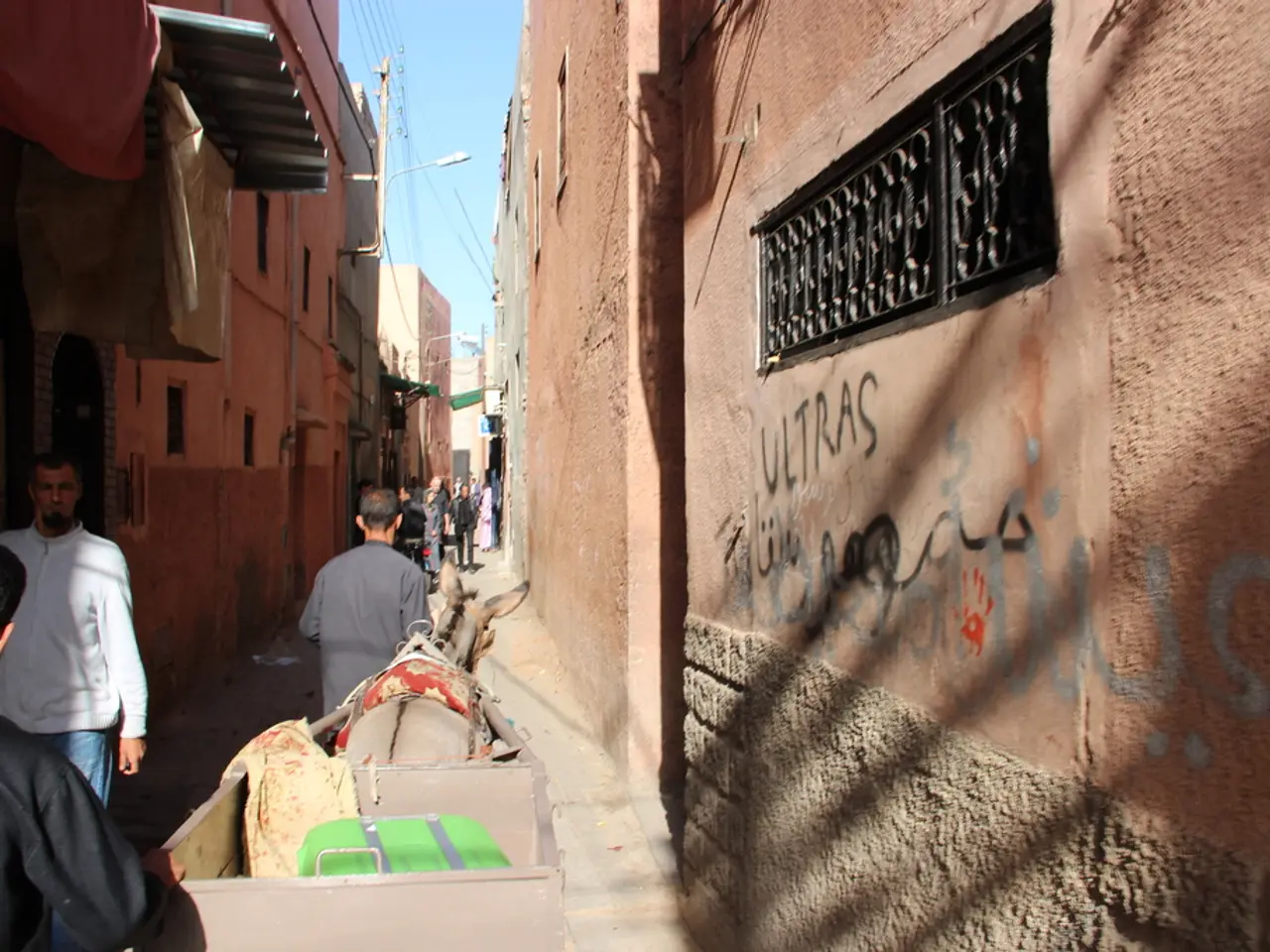"Recognizing the necessity to act, pay tribute to his legacy... Realizing the need to travel to Cambodia."
In the heart of August 2009, Rob Hamill embarked on a journey that would forever change his life. Travelling to Cambodia, he was set to testify against Comrade Duch, a senior leader of the infamous Khmer Rouge, known for his control over the Tuol Sleng prison, or TS-21, in Phnom Penh. This prison was once a secondary school, but during the Khmer Rouge revolution, more than 14,000 prisoners were executed there.
Unfortunately, Rob's brother Kerry, who was also a victim of the brutal regime, was among those who lost their lives. Kerry, who had been sailing his 23ft sailboat Foxy Lady from Darwin, Australia, to south-east Asia in the mid-1970s, was captured by the Khmer Rouge and accused of being a CIA spy. He was imprisoned, tortured, forced to make false confessions, and ultimately murdered.
The tragedy of Kerry's death tore the Hamill family apart, and Rob's brother John, who was closest in age to Kerry, took his own life. The loss was profound, and it was a painful reminder of the atrocities committed during the Khmer Rouge's reign, which led to the deaths of over two million people, a quarter of Cambodia's population.
While the Hamill family's connection to the Khmer Rouge in Thailand and Cambodia is not directly documented, they were cruising on their 43ft Fountaine Pajot catamaran named Javelot in a remote marine preserve in southern Thailand when another family member, Finn Hamill, experienced a harrowing incident. Finn was free diving, attempting to match his 19-year-old brother Declan's 30m free dive, when he blacked out at a depth of 6m.
Finn was rescued by Rob, Declan, and Ivan and brought back to the boat, where he regained consciousness but struggled with shallow, painful breaths and a racing heartbeat. Concerns about secondary drowning, inflammation, and pulmonary edema arose, and Finn was taken to a hospital in Ko Lanta and then to another major hospital, where he developed pneumonia due to water in his lungs. He spent three days in the hospital before making a full recovery.
Despite the hardships they faced, the Hamill family remained resilient. Rob channelled his energy into becoming an Olympic rower after Kerry's death and went on to compete in and win the first two-man, transatlantic rowing race. The family also keeps a box of Kerry's letters on board, feeling that they have him with them on their journey.
In 2012, an intense documentary named "Brother Number One" was released, capturing Rob's journey to Cambodia and his testimony at the trial. The family visited the TS-21 prison in Cambodia as a family, where they felt the history of the atrocities committed there. Through their experiences, the Hamill family serves as a testament to the power of resilience and the enduring bond of family.
[1] Sources: The Guardian, The New York Times, BBC News, CNN, and various sailing lifestyle blogs.
Traveling through the southeast Asian waters in August 2009, Rob Hamill, despite his previous ordeal, embraced bluewater cruising aboard the catamaran Javelot, embodying a distinct lifestyle reminiscent of sportsmanship and adventure. As a tribute to his brother Kerry, Rob, a former Olympic rower, took part in a transatlantic rowing race, proving that travel and sports can intertwine with personal memories, tragedy, and resilience.






